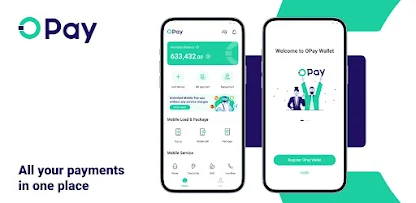OPay, a Nigerian financial technology firm, says fraudulent accounts will be removed from its system from March 1, 2024.
At a news conference on Wednesday, the mobile money firm said customers whose accounts are not KYC compliant will also be blocked.
KYC (know your customer), is a process by which banks obtain information about the identity and address of the customers.
This process helps to ensure that banks’ services are not misused.
Opay said the decision became necessary to reinforce the security of the platform to protect the deposits of customers from fraudulent individuals.
The move comes a month after a report revealed gaps in the company’s registration and verification process for new customers.
Addressing the concerns, Olayemi Precilia, director of cards business, said security measures have been upgraded on the platform as new customers will now require the national identity number (NIN) for account opening.
“When you log into your app and you have a tier one account and you don’t have your NIN, it will ask for your NIN. You cannot move forward without inputting that NIN. So, that is one of the things we’ve already done,” she said.
“The second thing is, for new customers, you’re going to start off with the NIN. That’s what we’re implementing. So, we’re pulling information from your NIN into your wallet. That is going live next month.
“And we have a timeline — March 1st — wherein anyone who is not compliant will be locked out.”
On his part, Ikponmwosa Kolawole Odiase, Opay’s director of partnerships, said fraudulent accounts will be yanked off” the firm’s system.
Going forward, according to Odiase, customers will be required to link their accounts with NIN and bank verification numbers (BVNs).
Speaking on the issue of poor facial verification on the application, he said the firm intends to deploy a system where there will be a backend verification of customers’ facials with BVNs and NINs.
“It’s a collaboration between all relevant stakeholders — the regulators, the KYC agencies. All this is a way to curb fraud,” he said.
“The fraudsters are not sleeping and we also are waking up to the challenge. It’s an industry challenge, unfortunately.
“So many fictitious accounts will definitely go.”
























